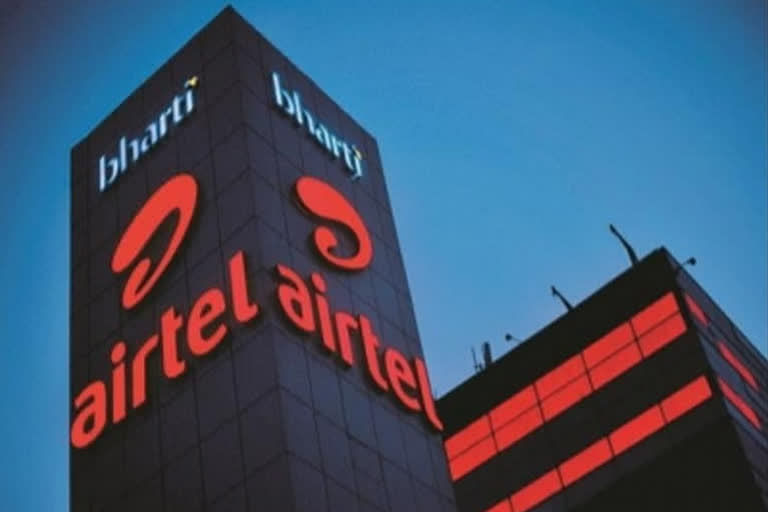New Delhi: Telecom operator Bharti Airtel and equipment maker Ericsson on Tuesday said they have conducted India's first 5G network trial in a rural location, demonstrating the potential that 5G can unleash in bridging the digital divide.
The demonstration took place in Bhaipur Bramanan village on the outskirts of Delhi-NCR using 5G trial spectrum allocated to Airtel by the Department of Telecom.
The trial showcases the massive potential offered by 5G towards bridging the digital divide by enabling access to high-speed broadband through solutions such as enhanced mobile broadband (eMBB) and Fixed Wireless Access (FWA) services.
Put simply, 5G is the next-generation network technology that enables connecting virtually everyone and everything together including machines, objects, and devices at ultra-high speeds and responsiveness, and with low latency.
"5G will be a transformational technology when it comes to delivering broadband coverage to the last mile through use cases like FWA and contribute to a more inclusive digital economy," Randeep Singh Sekhon, Airtel CTO said at a virtual event.
Nunzio Mirtillo, Head of Ericsson South east Asia, Oceania and India said 5G will serve as a "socio-economic multiplier" for the country.
Also Read: Starlink to focus on 10 rural Lok Sabha constituencies for broadband connectivity
As per a study by Ericsson, on an average, a 10 per cent increase in the mobile broadband adoption ratio causes a 0.8 per cent increase in GDP, Mirtillo noted.
Over the past few months, Bharti Airtel and Ericsson have teamed up to showcase enhanced speeds of more than 1Gbps on a live 5G network set up at Cyber Hub in Gurugram using Bharti's 3,500 MHz trial spectrum.
In January this year, the two companies also showcased Ericsson Spectrum Sharing capabilities on a commercially deployed installed base of 1800 MHz liberalised frequencies in Hyderabad to give consumers their first experience of 5G from a live commercial network.
Also Read: Airtel's Nxtra to invest Rs 5,000 cr to triple data centre capacity by 2025
PTI



